A Seat at the Table: The Women in Higher Guitar Education
This article originally appeared in She Shreds Magazine Issue #17, released in April 2019.
In the fall of 2018, Dr. Kim Perlak was named chair of the acclaimed guitar department at Berklee College of Music. She is the first woman to hold this position at the college, and only the fourth person ever to hold the position since the college added guitar as a principal instrument in 1962.
This was big news for the world of guitar education. Out of the 30 top national schools with classical and jazz guitar programs, only a handful of women hold guitar faculty positions. In fact, the vast majority of top music schools don’t have any women on their guitar faculty at all, and some have just one. At Berklee, there are just eight women among its total guitar faculty of 57.
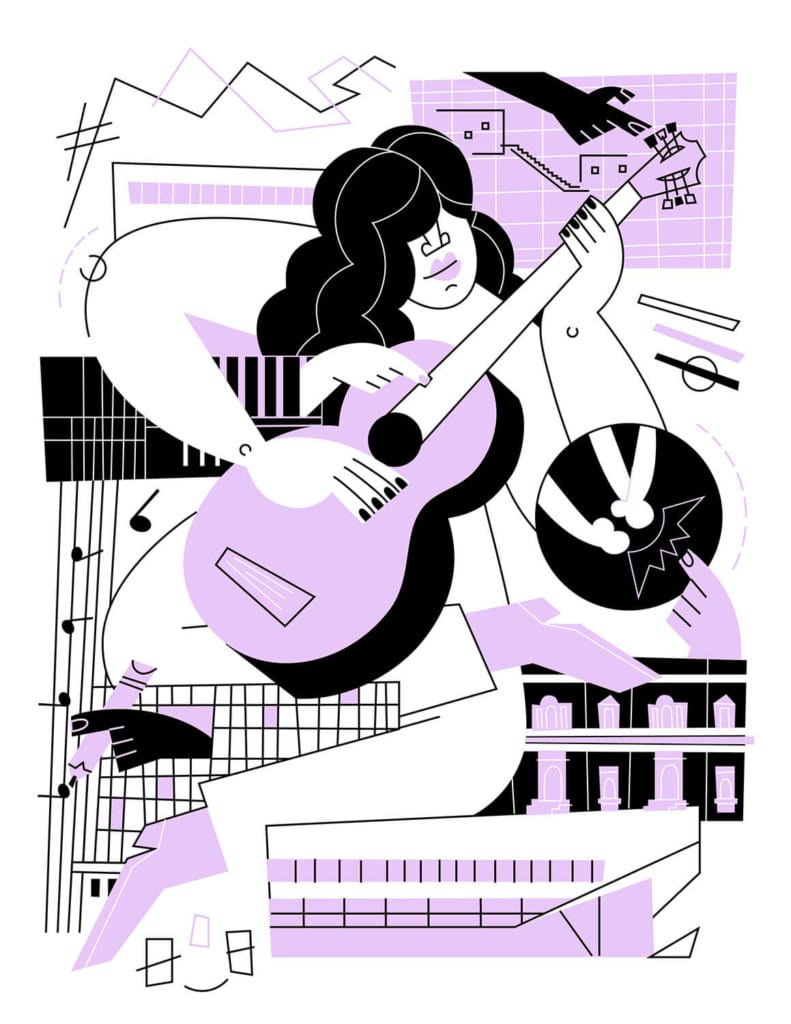
Despite these very low numbers, it’s important to note that four of these women are heads of the guitar programs at their schools: Dr. Perlak at Berklee, Sharon Isbin at Juilliard School of Music, Dr. Molly Miller at Los Angeles College of Music, and Dr. Lily Afshar at the University of Memphis. She Shreds looked at the work of these educators and several more to shed light on the state of women’s contributions in higher guitar education.
Berklee College of Music
At Berklee, Dr. Perlak held the position of assistant chair for five years before taking over for Larry Baione, the current chair emeritus. “When I learned about the assistant chair position, I thought, ‘As a player and an educator, it would be my dream to be a part of a place like that,’” says Dr. Perlak. “During the application process, I realized that no matter how far I’d come, I had not always seen myself from a position of strength, because I was often the youngest and the only girl. I used that to build a strong presence in music and education, both in my performance career and in my work. I think it made me a sensitive and strong player, and a good teacher because I could understand that other people might not be having an easy time.”
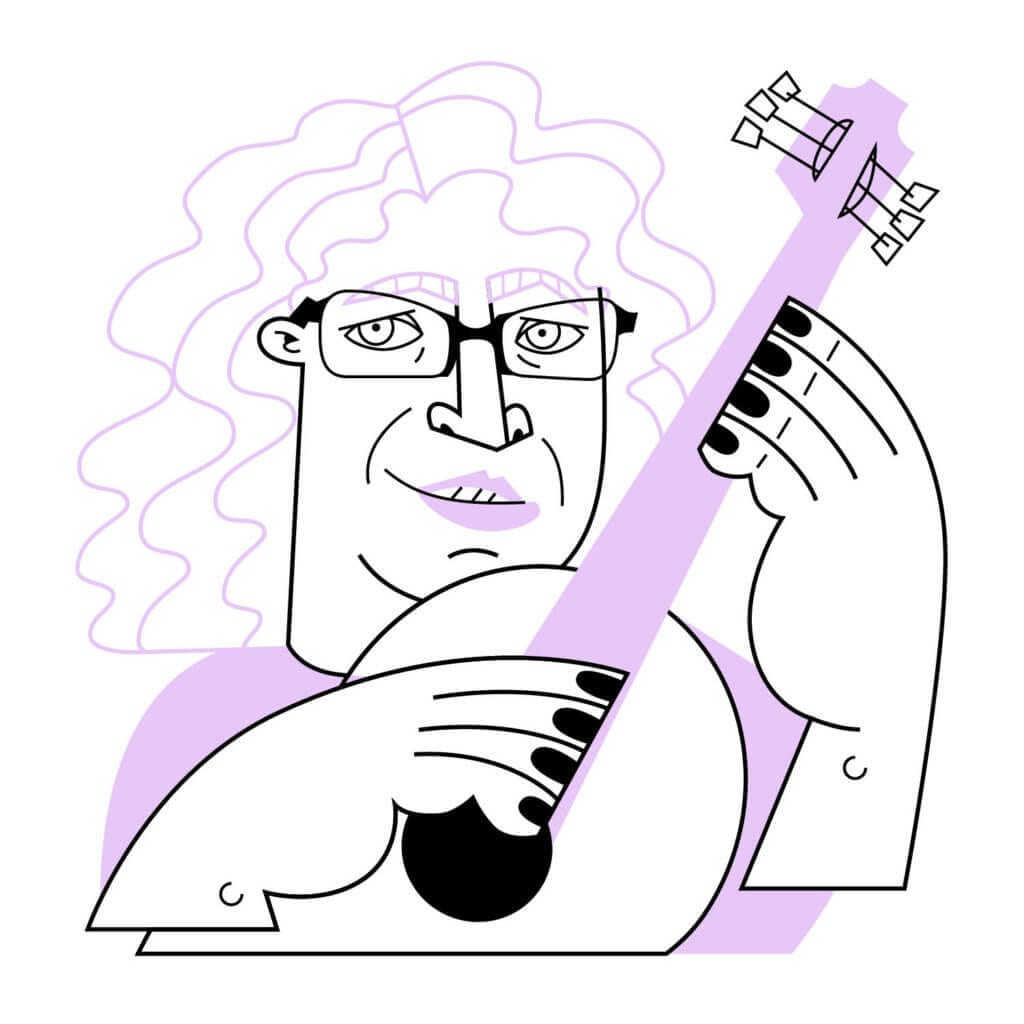
Dr. Perlak became the assistant chair in 2013, bringing over two decades of teaching experience, community service, performance, and leadership skills to the school. In the fall of 2018, she was named the chair of the guitar department, leading the college’s second largest instrument group, with nearly 1,000 students. According to guitarist and Berklee faculty member Jane Miller, who teaches classes like Chart Reading, Visualizing Chords, and Guitar for Music Therapy, Dr. Perlak brings knowledge, expertise, and more to the program: “She knows how to work with people and get the best out of us in a very positive, spirited, and friendly way.”
Since Dr. Perlak started at Berklee, she has developed Contemporary Classical Ensemble, a class where students focus on performing contemporary pieces that have potential for an improvisational component. She teaches the class with guitarist and faculty member David Tronzo; the two also co-teach Spontaneous Composition, where students develop their free improvisation skills with an emphasis on interpretive techniques. “The fact that I’ve taken lessons with several of our faculty members has allowed me to branch out musically in ways that I wouldn’t have imagined,” says Dr. Perlak of the importance of a commitment to learning amongst educators. “Knowing that faculty are learning can help [students] get over the fear of doing something new. The guitar faculty are open about their continued learning. I think that that is such a revelation to young players; you have to go deep to be free.”
In addition to Dr. Perlak, there are a number of additional women educators who have made notable contributions to Berklee’s guitar department. Full-time professors Lauren Passarelli, Robin Stone, and Abigail Aronson are all on the Guitar Education Committee, working to regularly develop and revise the curriculum. Passarelli has been in the guitar department for more than 30 years; she’s a Beatles expert, wrote Berklee’s Guitar for Songwriters lab, and is one of the main tutors of the proficiency materials. Stone is “one of the main architects of what we do in rock guitar at Berklee,” says Dr. Perlak, adding that Stone’s labs and ensembles highlight specific eras and styles of rock; she has written all of the arrangements for the classes she has developed, including the Music of the Allman Brothers class. Aronson developed a tutoring system to strengthen the fingerboard knowledge of guitarists of all styles, and is the founder of the Joni Mitchell Ensemble, one of the premier ensembles at Berklee. The part-time faculty includes Sheryl Bailey, who teaches some of the top-level divisional classes in jazz guitar; Amanda Monaco, a jazz guitarist who teaches a class in Ted Dunbar’s approach to the guitar and wrote the Charles Mingus Ensemble; and newest faculty member Berta Rojas, a virtuosic classical guitarist who has “broadened the classical guitar and Latin music curriculum,” according to Dr. Perlak.
Juilliard School of Music
In 1989, classical guitar virtuoso Sharon Isbin founded the guitar program at Juilliard School of Music. She continues to be the department’s sole classical guitar faculty and chair. Isbin has trained students from more than 20 different countries at the school, many of whom have gone on to become premiere performers in Europe, South America, Japan, Korea, China and North America. “I designed the program to give guitar students opportunities to collaborate and perform with other instruments, vocalists, and composers,” she says, explaining that students also have opportunities to participate in festivals, play at Lincoln Center and Juilliard, and work as performers and educators in community outreach programs bringing music to NYC schools and hospitals.
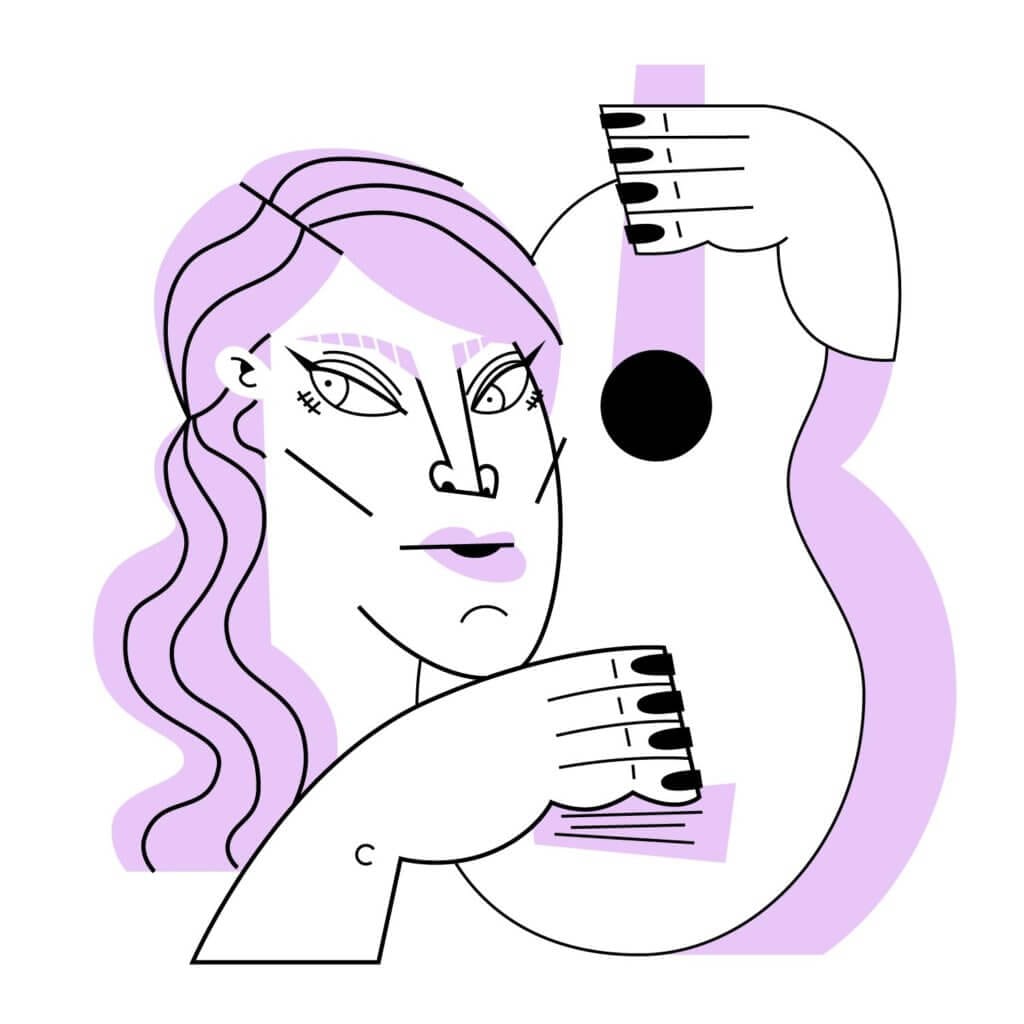
Isbin is one of the most acclaimed guitarists in the world, with multiple awards to her name and over 25 recordings. She co-published, with the late renowned Bach scholar and keyboard artist Rosalyn Tureck, the first ever performance editions of the complete Bach Lute Suites for G Schirmer, which she also recorded as J.S. Bach: Complete Lute Suites on Warner Classics. She has been the director of the classical guitar program at the Aspen Music Festival since 1993, giving master classes in guitar performance and chamber music.
Los Angeles College of Music
The program at Los Angeles College of Music is small, with only 25 students currently, but its guitar faculty is impressive. Among heavyweight names like Adam Levy and Bill Fowler, there’s Dr. Molly Miller, who has been the chair of the guitar department since April 2017. Dr. Miller has recorded and toured with Jason Mraz and The Black Eyed Peas, and performs her own music with the Molly Miller Trio.
At LACM, Dr. Miller teaches a variety of classes, including guitar ensembles, performance ensembles with multiple instruments and vocalists, fingerstyle, music theory, and guitar pedagogy. Miller played a pivotal role in reworking the curriculum at LACM, ensuring that students receive an ample amount of reinforcement on key music concepts, and has also has brought in musicians like Arianna Powell to give clinics. “It was so cool to have Arianna teaching. She wowed everyone,” says Dr. Miller. “She’s such a killer player.”
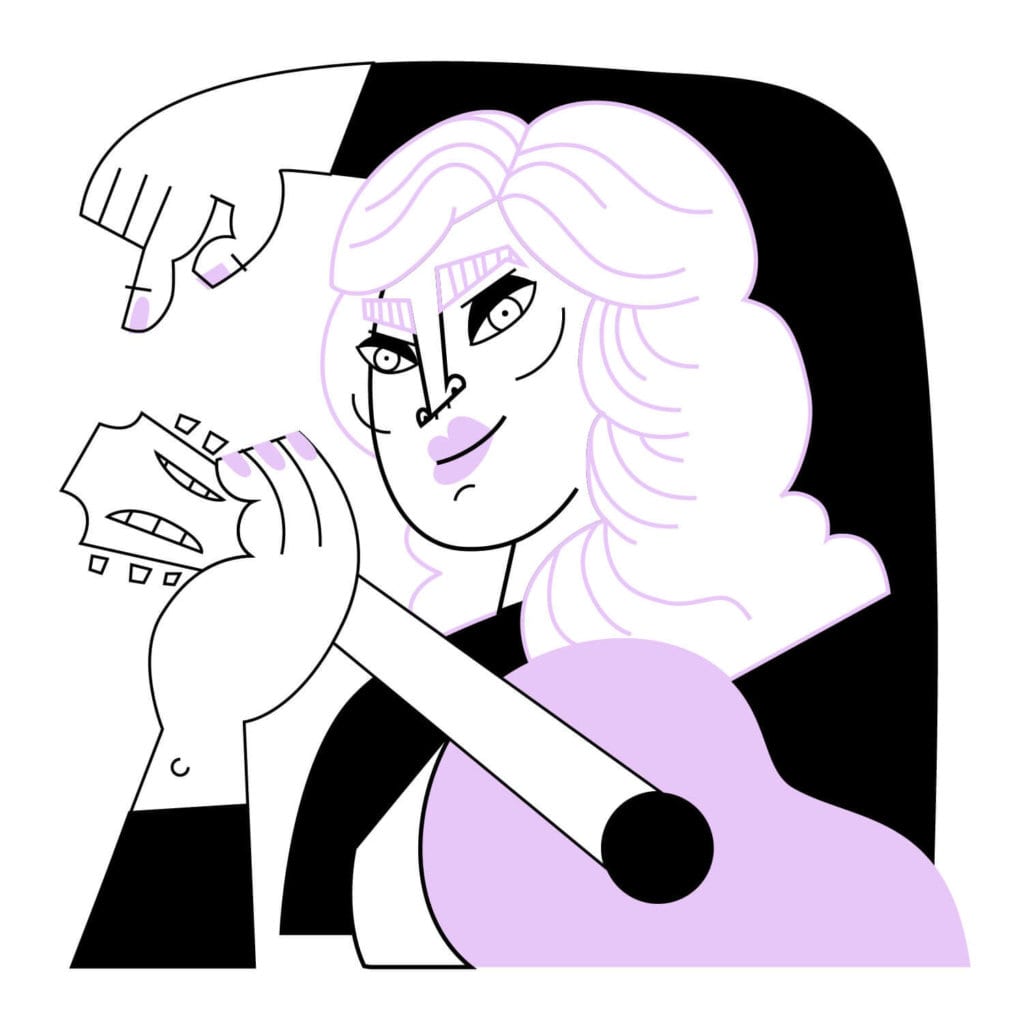
Rudi E. Scheidt School of Music at the University of Memphis
Dr. Lily Afshar heads the guitar program at the Rudi E. Scheidt School of Music at the University of Memphis. A native of Iran, Dr. Afshar is influenced by both Persian and classical music. She has taught master classes, performed all over the world, and was the first woman to be awarded a doctorate in guitar performance. “I didn’t realize that I was the first until after it was done,” she says. “I looked around and thought, ‘Gosh. I’m the first one!’ I feel very proud.” Students at the University of Memphis are fortunate to have the opportunity to study privately with Dr. Afshar, whether they are on the undergraduate, masters, or doctoral level. There are currently six students under her tutelage, and she strives to give them a well-rounded education. In addition to private instruction, Afshar also teaches Guitar Ensemble, Guitar Pedagogy, Guitar Literature, Music Theory, and Music Appreciation. “I want them to become complete musicians and not just guitarists,” Afshar say. She is also the artistic director of the Memphis International Guitar Festival.
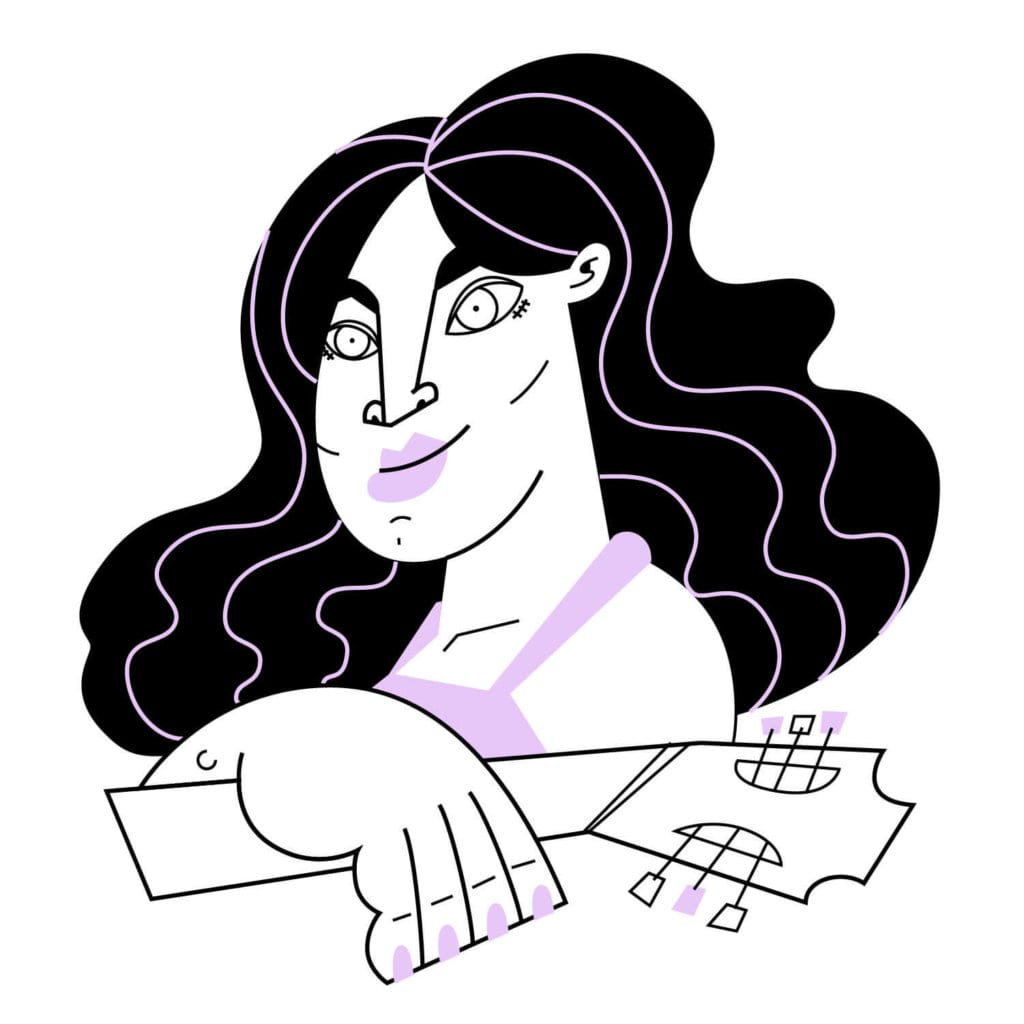
Princeton University
Laura Oltman has taught guitar as part of Princeton’s performance faculty for nearly 40 years. Oltman and her husband, Michael Newman, have performed together in the Newman & Oltman Guitar Duo for the same length of time. Together, they founded both the Raritan River Music Festival, now in its 30th year, and the New York Guitar Seminar at Mannes, which is in its 19th year. The Raritan River Music Festival has won several awards for its cultural programming and community outreach, including the ASCAP-Chamber Music America Award for Adventurous Programming. The New York Guitar Seminar brings together guitarists from all over the country for performances and study. Oltman hopes that her students learn fundamentals of the classical guitar so that they can continue to grow and enjoy making music: “I think what most teachers really want is to teach their students enough that they can go on, play the rest of their lives, and keep learning.”
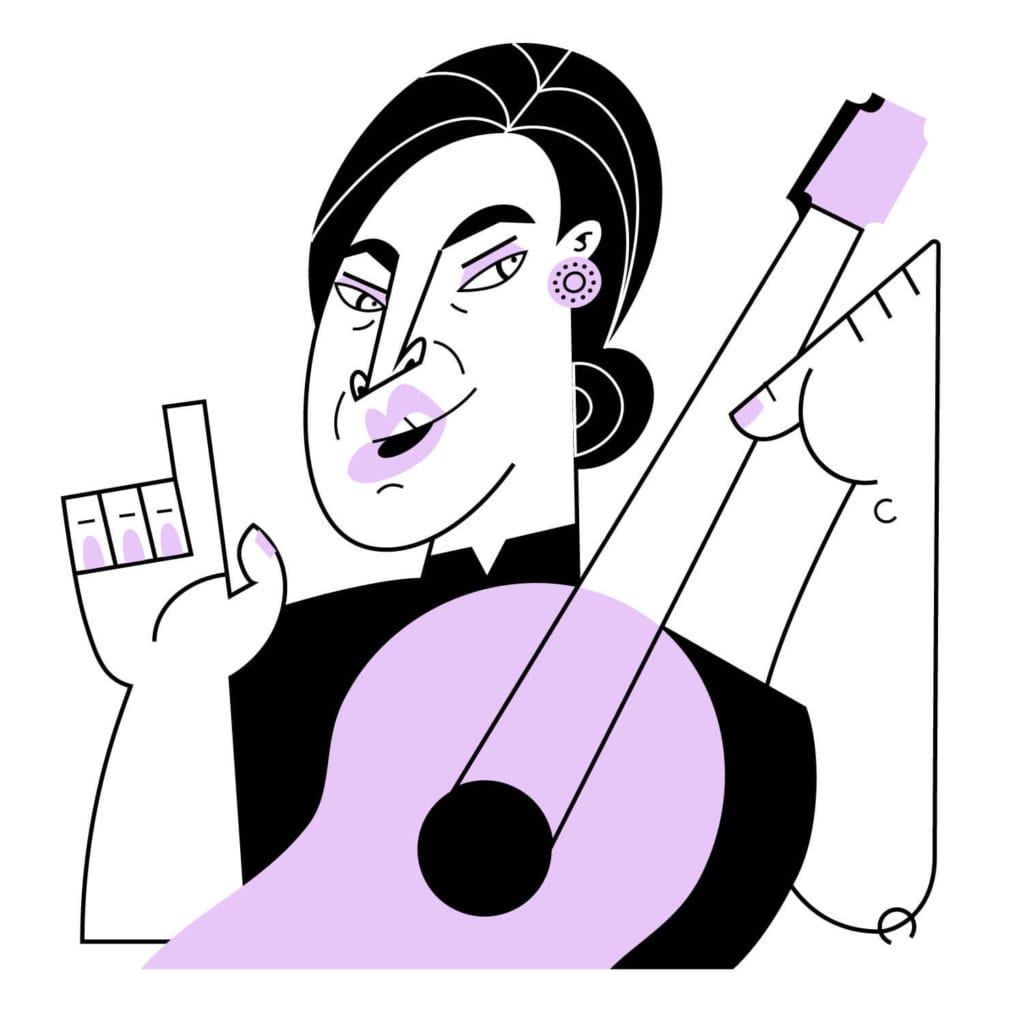
Peabody Institute at John Hopkins
The Peabody Institute differs from other institutions due to its affiliation with John Hopkins University’s renowned medical program. A stand-out, innovative educator at the conservatory is Dr. Serap Bastepe-Gray, a master guitarist, medical doctor, and occupational therapist. She’s the co-founder of Johns Hopkins Center for Music and Medicine and is on the Performing Arts Rehab team. Dr. Bastepe-Gray’s contributions at Peabody include her many arrangements and compositions, which are performed by the guitar ensemble, as well as the online curriculum for Playing Well, which she developed and teaches, instructing musicians on how to take care of their bodies and prevent playing-related injuries.
Applying her unique expertise in both music and occupational therapy, Dr. Bastepe-Gray is also now working on a project known as the SmartGuitar, currently in research and development. Working with faculty and students from the Hopkins Mechanical Engineering Department, Dr. Bastepe-Gray’s SmartGuitar is a next-gen prototype that will measure finger-force application on the fretboard. “The fretting and fingering hand on string players, including guitarists, is under the demand of repetitive and also sustained force production, which presents risks for injury of the forearm and hand muscles,” she says. There is currently no such tool to measure these forces, but Dr. Bastepe-Gray is confident in the development and impact of SmartGuitar. “By better understanding these force applications, we are hoping that we will be able to train guitarists towards expert movement and force patterns more efficiently.”
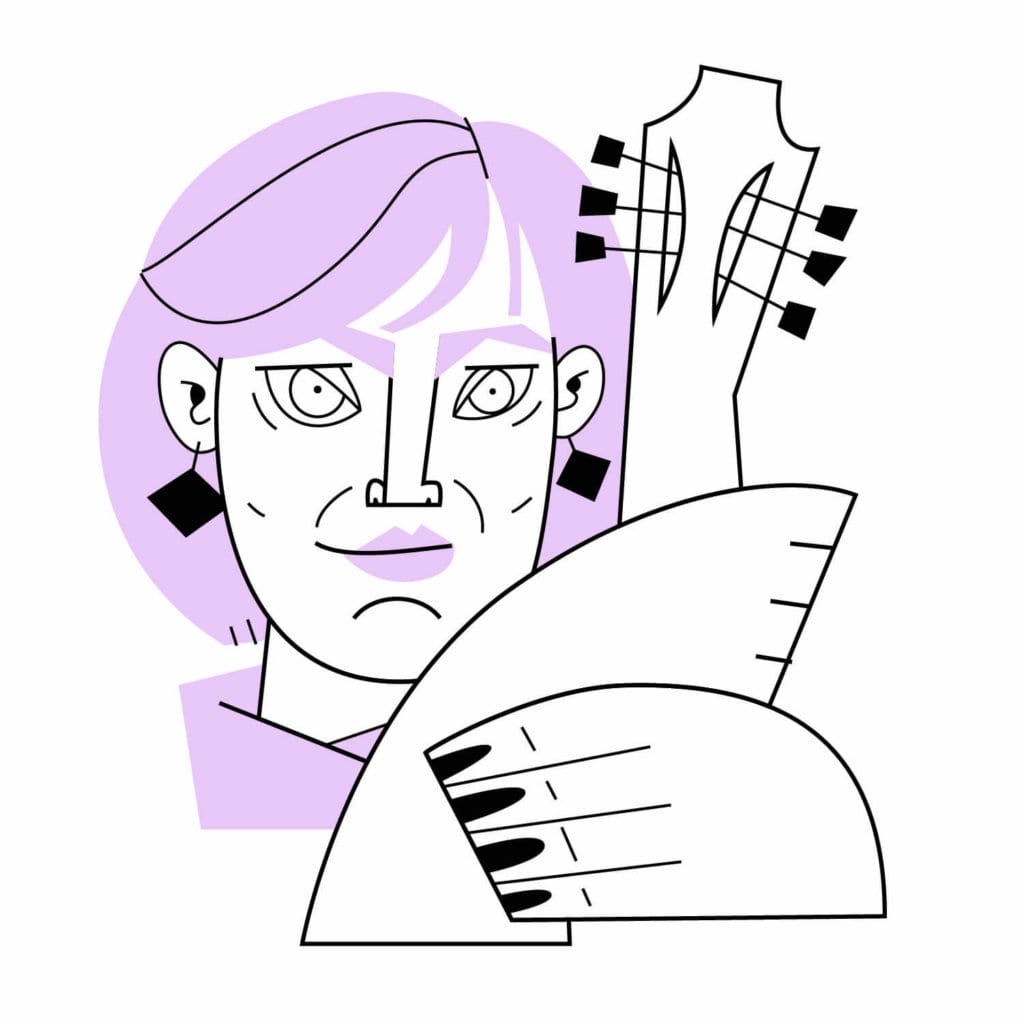
Despite their accomplishments, it’s hard not to notice that the number of women guitar educators is very small compared to the number of men educators. However, the tide is turning, as more women educators emerge in guitar programs of all sorts, and more educators work to create inclusive spaces. According to Berklee educator Amanda Monaco, members of the guitar community are supporting each other in these efforts. “I’m really committed to making sure that young women coming up are given equal opportunities,” she adds. “I’m involved with the Berklee Women in Jazz Collective. It’s really important that we are out there now to be advocates.”
It will take time, but as women gain leadership positions in education and across the industry, they will inspire even more women guitarists. Dr. Perlak has already seen change since starting at Berklee: “The percentage of women guitar students in the department, people who choose guitar as their primary instrument, had never been above four percent in the guitar department. In the five years that I’ve been there, it doubled to eight percent. There’s a shift happening. There are many more high school guitar programs and formalized ways that young women can get involved with the instrument. And that’s really cool.”
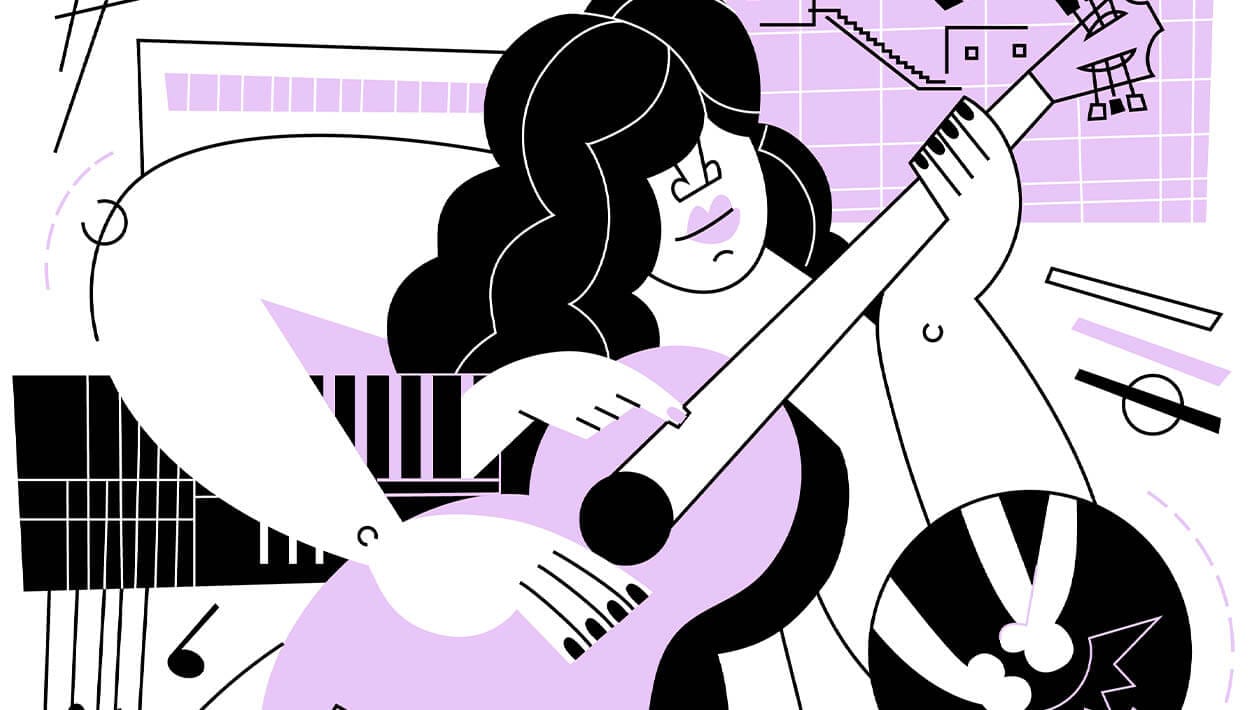


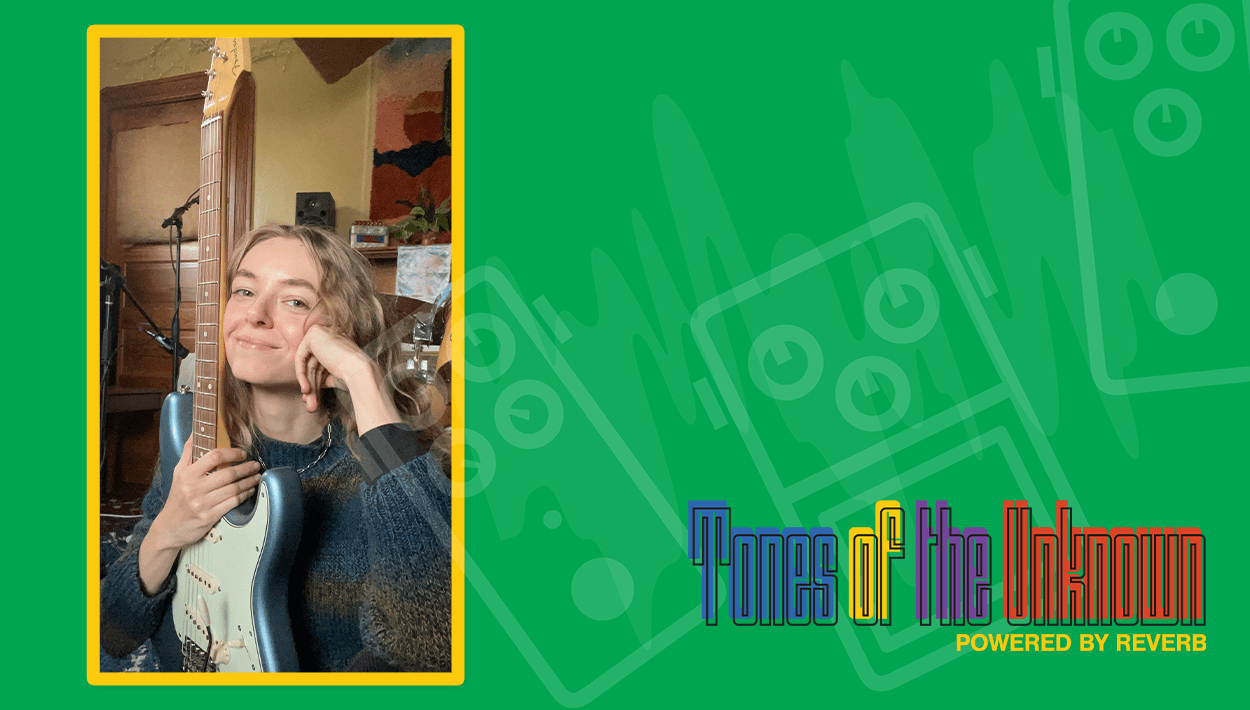





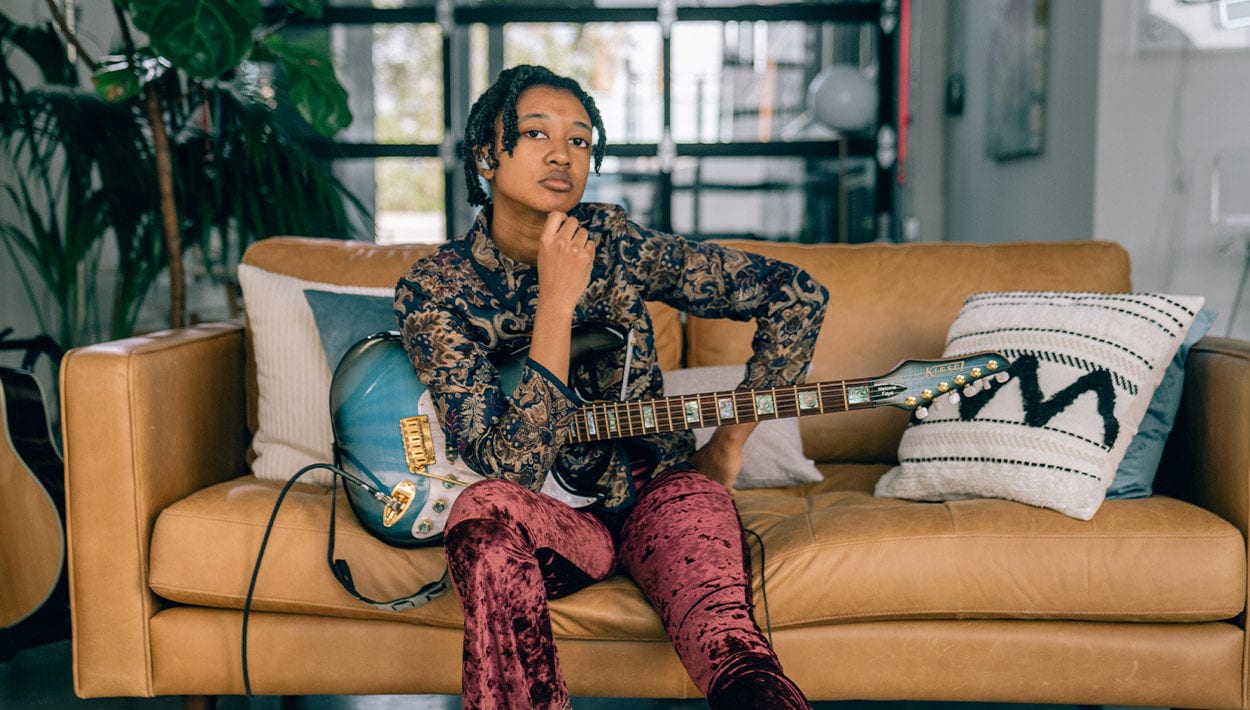
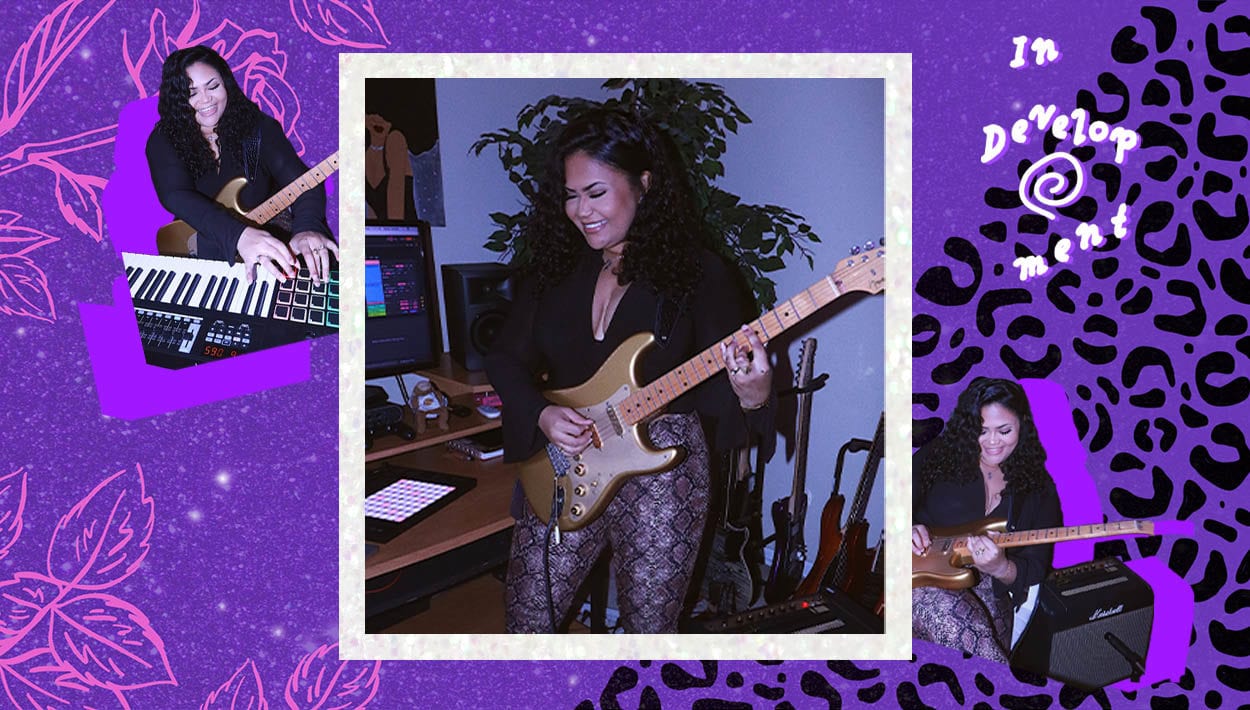
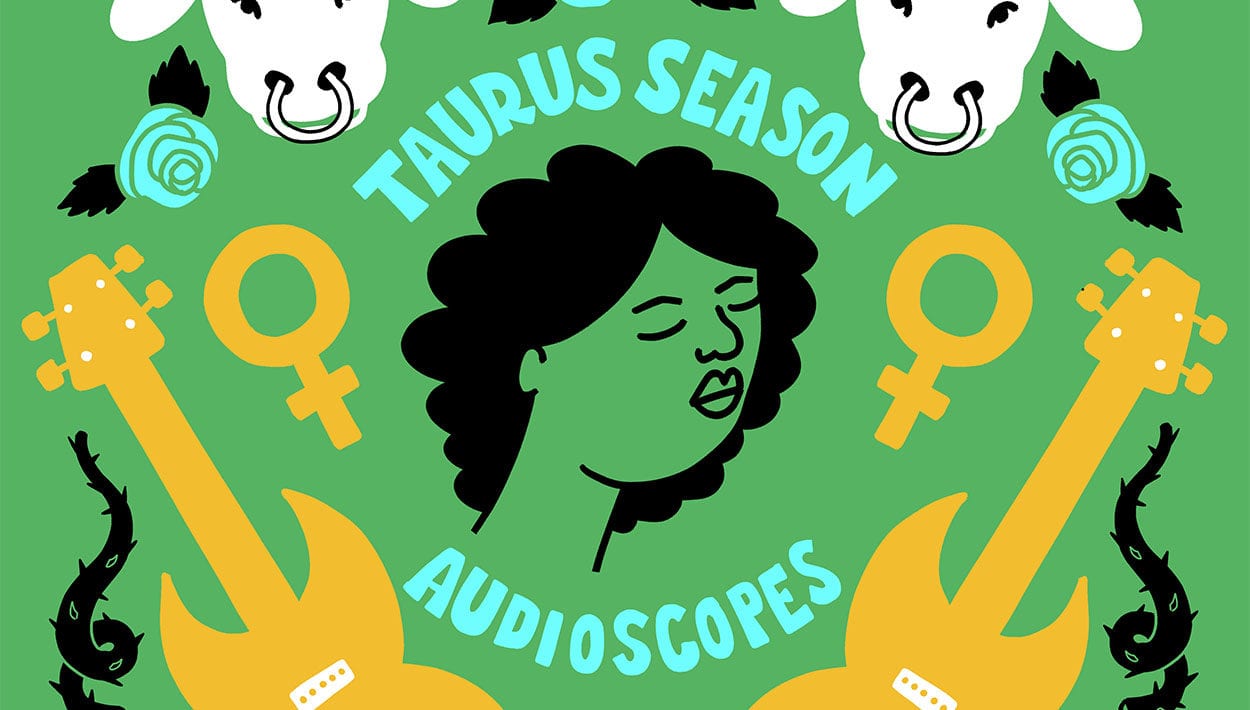


Comments
She Shreds looked at the work of these educators and several more to shed light on the state of women’s contributions in higher guitar education.
Comment by geometry dash on June 16, 2020 at 1:19 amThere are many more high school guitar programs and formalized ways that young women can get involved with the instrument. And that’s really cool.
Comment by Basketball Legends on June 16, 2020 at 1:22 amMusic schools are very cool. They help many people to reveal themselves and really show their talent. I also studied in such schools, but it greatly affected my basic education and so when it came time to write a thesis I realized that I had serious problems. Then I started looking for help, at the site I read a review of the best thesis writing service and chose the best one for myself. It was quite easy, and most importantly convenient, so I can recommend it to others.
Comment by Essayreviewexpert on January 21, 2021 at 12:31 pmWe collect the best free online html5 games to have fun. These games work perfectly on the browser for your computers and mobile devices. Join us and kill the boredom!
Comment by Crazy Game on April 14, 2021 at 8:04 pmthanks for sharing the post is veary usefull for me
Comment by Musicdel on April 28, 2021 at 9:29 amGreat book! I really enjoyed reading it, and I completely forgot about studying. Luckily, through the reviews at BestWritersOnline , I found a writing service and fixed the situation. In general, now I can do what I like and not think about studying.
Comment by Charly Wiliamse on May 20, 2021 at 4:08 pmSuch a great and inspirational post! Thank you very much for sharing!
Comment by Kelly Harmon on June 19, 2021 at 8:15 amCurrently, I finish my diploma and your post gives me a part of inspiration! Thanks!
By the way, in case you a student and need help with referencing, check this https://essayontime.com.au/turabian-referencing-generator/ tool. It was helpful for me. Thanks again for the great content!
Thank u for the great article. It is really interesting to read it . I like such kins of sites and services. Now the most I use are memo writing services as i am a student and have no free time.
Comment by NellyCook on August 2, 2021 at 5:54 amGreat article. Many people love music and it is very important to be able to teach it. Especially for children who do not yet have their own taste in music. And given what an interesting story music has, children can be carried away by this https://www.monstereducation.com/product-page/classical-music-appreciation
Comment by Edgar Robitaille on August 18, 2021 at 3:57 amIt’s a very good publication. I wanted so much to get a music education so I could play in the Philharmonic, but I didn’t get anywhere. Now I am a writer and try to create a lot of educational content for students, if anyone is interested you can read my blog https://legitwritingservices.com/blog/how-to-bullshit-an-essay/, there is a lot of interesting information.
Comment by Samuel Wellington on September 1, 2021 at 3:51 amI find it difficult to write an essay because there are so many rules to follow. This is particularly difficult in college, and it is impossible to complete it on your own while still receiving a respectable mark. However, I found a company that will write my essay uk for a fair price, which is great news because I don’t want to spend too much money or time on it. My friends have all tried them and are raving about them!
Comment by Tif on January 4, 2022 at 12:45 pmThe female friend will have to bear the pain at first. Because guitar strings are very small, when learning requires you to press very hard on the strings, you may experience pain, possibly bruising. But you can rest assured, only after getting used to it, there will be no more pain.
Girls will have to sacrifice their left fingernails to learn chords. For those who like to grow nails and draw nails, when they want to pursue their passion for Guitar, they must trim neatly.
In the end, like all students, girls will have to sacrifice time and other needs to practice. Therefore, you need to make a scientific schedule to ensure that work or study is not affected
Comment by BuildNowgg on January 12, 2022 at 12:25 amThiên Hạ Bet is considered as the house that owns the largest and most diverse online game store. There are all forms of sports betting, attractive card games, etc. with high winning rates. Including prizes up to 5 billion VND. Please visit Thiên Hạ Bet to join
Comment by Thiên Hạ Bet on September 27, 2022 at 10:47 amGood job. Very nice blogs and articles.
Comment by Mariana91 on November 3, 2022 at 7:04 amThank you for sharing
Comment by FLAGLE on January 16, 2023 at 1:20 amHello everyone! I recently discovered the skincare brand Susanne Kaufmann and I have to say, I am really impressed with their products. Their focus on using natural and organic ingredients really resonates with me, and my skin has been loving the results. If you’re interested in checking out their products, I highly recommend visiting this link: https://www.alyaka.com/collections/susanne-kaufmann . Let me know if you’ve tried any of their products and what your thoughts are!
Comment by PaulRoger on April 19, 2023 at 1:53 pmNice
Comment by Richard on June 15, 2023 at 3:42 amGood https://liki-tut.com.ua/ru
Comment by lilia on October 11, 2023 at 5:19 amReviews site https://med-otzyv.info register your project
Comment by Araia on October 11, 2023 at 5:20 am“Welcome to the online platform piluli.info! Our project is dedicated to providing up-to-date information on drug prices and simplifying the search for drugs in various pharmacies. We are committed to helping you find the medications you need, including rare drugs. https://www.piluli.info
Comment by Alis on October 11, 2023 at 5:29 amWelcome to the online platform! Our project is about providing up-to-date information on drug prices and making it easier to search for drugs in various pharmacies. We work to help you find the drugs you need, including rare drugs https://eczane-bulucu.com/
Comment by ara on October 11, 2023 at 5:31 amWelcome! We are pleased to present to you our comprehensive article on a healthy diet for gastritis relief. Gastritis is a common stomach condition that can cause discomfort and inconvenience. Our goal is to provide you with information about best nutritional practices that will help you manage this condition and improve your overall health. https://www.piluli.kiev.ua/
Comment by Niko on October 11, 2023 at 5:32 amWelcome to our collection of children’s cakes! Here you will find amazing desserts for the youngest members of your family. Our children’s photo cakes are a real work of art that can be made based on your wishes.
Birthday Cakes for Children
A birthday is a special event for every child. To make this day memorable, we offer you birthday cakes for children. Our confectioners will create a unique and delicious cake that will highlight the theme of the holiday and will delight the little birthday boy and his guests.https://my-cake.com.ua/kupit-tort-dlya-rebenka/
Comment by Cake on October 11, 2023 at 5:34 amIt’s good to read and Inspiring to see trailblazing women like Dr. Kim Perlak leading the way in guitar education. Their contributions are shaping a more inclusive landscape. As they pave the path, a professional CV writer London could help aspiring educators showcase their unique skills and experiences. Kudos to these phenomenal women for their dedication to music education and for encouraging a new generation of guitarists.
Comment by JackE on November 13, 2023 at 9:16 amhttps://himchistka.kiev.ua/divany/
Prices for dry cleaning of sofas in Kyiv
We have carefully collected and prepared prices for dry cleaning of sofas, sofas, so that you can evaluate our affordable rates and choose the optimal solution for your needs.
Comment by HiMario on January 17, 2024 at 9:20 amAs a result, regular dry cleaning of upholstered furniture is not only an investment in its appearance, but also an important step towards maintaining your health and comfort in your home environment. Don’t forget about this important aspect of caring for your home.
Comment by Arra on January 17, 2024 at 9:21 amhttps://www.piluli.kiev.ua/blog/zdorovie/5-factov-o-himchistki-mebeli/
https://nibu.com.ua/blog/raznoe/himchistka-divana-kyev/
How to choose a professional dry cleaner for your sofa
Comment by CleanMan on January 17, 2024 at 9:22 am